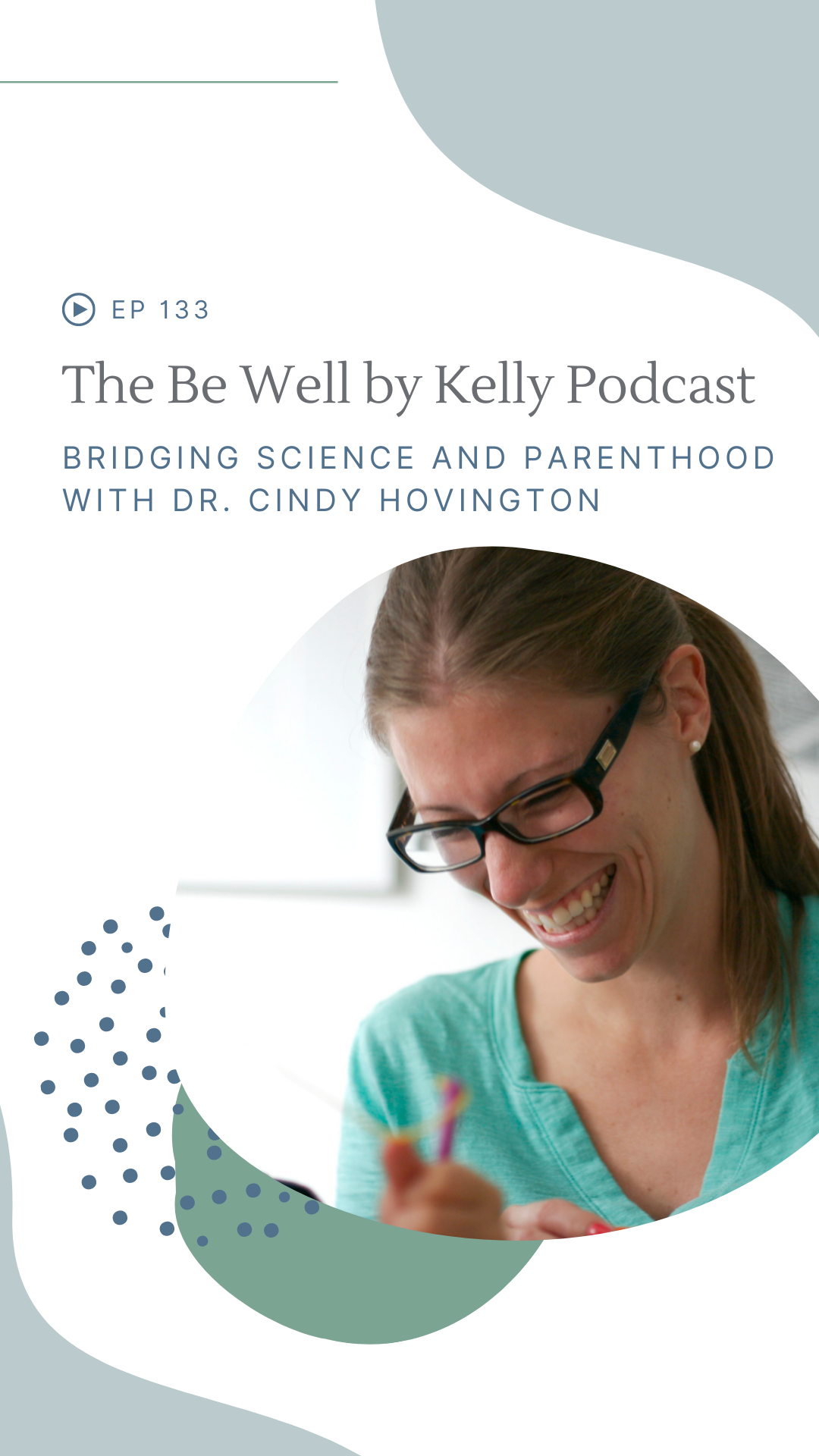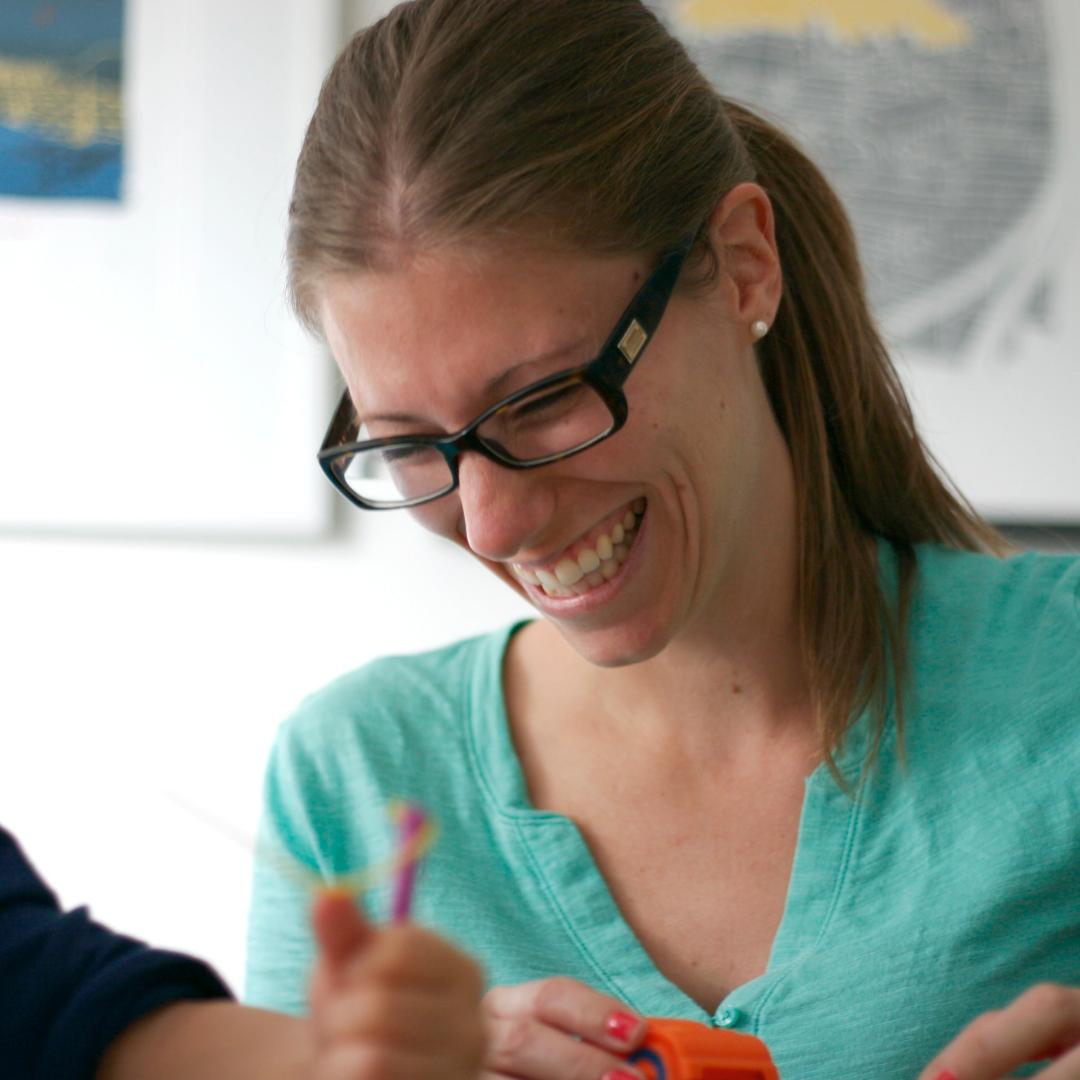
LISTEN ON: APPLE PODCASTS | SPOTIFY
Neuroscientist, mom of three, and founder of The Curious Neuron blog, Dr. Cindy Hovington, guides us on nurturing a child's development and navigating the challenges and transitions of parenthood.
Dr. Cindy Hovington gives parenting advice backed by science on her wonderful blog, The Curious Neuron, which helps parents create a safe container for their young children to thrive.
Conscious parenting is often easier said than done, especially when your kid is learning to express themselves vocally. Taking emotional cues from tears and fighting is hard, but Cindy breaks down the different ways to navigate the tantrums, time outs and use them as opportunities to emotionally regulate.
It’s not all about damage control. You’ll also learn how to help your child’s imagination run free through simple play (over expensive toys) and downtime and prepare them for big transitions such as school or a future sibling.
Show Notes:
Cindy helps bridge the gap between child development research and actionable information for parents
Approach tantrums with patience and connecting with your child and helping them feel seen, after you've done that, focus on the skills to show emotions in a healthy way
It's okay to have rule that are enforced, but it's important to emphasize to your child that you see them and recognize what they want regardless of what needs to be enforced
It can be helpful to visit a therapist and process how you were parented, and that processing can help give you greater understanding to treat tantrums with patience and guidance
Children under 3 have a hard time understanding time outs and why they are being put to the side and left. Cindy recommends having "time ins" where you step away with the child and calming share why they need to take some time away, and stay with them
Simon Says-type games can help kids build skills of self-regulation which can lead to better control of emotions and waiting, it's a major cognitive ability that takes practice
Allowing your child to take on somewhat risky behavior (within reason) can help with their confidence and self-reliance
Cindy does not recommend screen time for kids before 18 months (other than video calls with you/other family) because of how quickly the brain cells are developing, and they can be easily overstimulated
Children like to be "in the know" and know what to expect- try giving them a heads up about when screen time is about to be over, or when playtime is about to be over
For a child to feel secure they need to feel seen, soothed, and safe and that helps them form attachments
Resources:
Website: curiousneuron.com
Podcast: The Curious Neuron
Instagram: @curious_neuron
Thank you to our sponsor, IIN. Access a free sample class and learn how you can save 30% on tuition, visit integrativenutrition.com/bewell.
Connect with Kelly:
Instagram: @bewellbykelly
Facebook: www.facebook.com/bewellbykelly
Be Well By Kelly is a production of Crate Media






